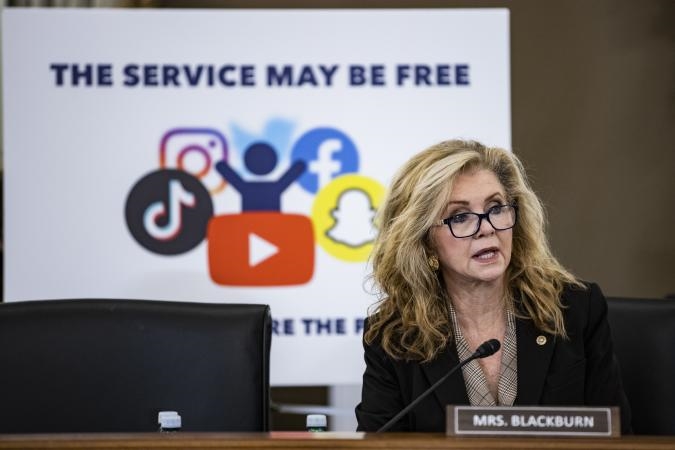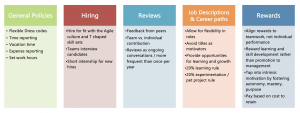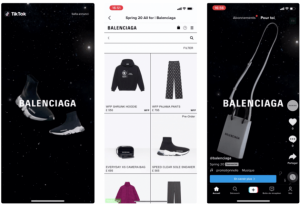Snap, TikTok and YouTube need to do more to protect children, lawmakers say
Snap, YouTube and TikTok promised new safety features, but lawmakers weren’t impressed


The Senate Commerce Committee just wrapped up another three-hour hearing about social media’s effect on children and teens. But the latest hearing was different from previous ones in an important way: it featured representatives from TikTok, Youtube and Snap.
Though the three apps are some of the most popular apps among teens and younger users, all three have gotten less attention from lawmakers than Facebook and even Twitter. It was the first time TikTok and Snap had appeared at such a hearing. All three companies tried to head off criticism by drawing distinctions between their platforms and Facebook, which has recently drawn comparisons to tobacco companies. And each company promised new features to ramp up parental controls and other child protections on their service.
YouTube VP Leslie Miller said the company was working on a new feature that would allow parents to “choose a locked default autoplay setting” in the YouTube Kids app, in addition to other new parental controls. She didn’t provide further detail, but said it would launch “in the coming months.”
Snap also said it was working on new features for parents, with Jennifer Stout, the company’s VP of Global Public Policy, saying the features would be “rolling out very soon.” She said the update would allow parents to view information about how their children are using Snapchat, such as who they spend the most time chatting with and what their privacy and location settings are.
TikTok said it would add additional controls to allow parents and children to better customize their feeds, but was light on specifics. “We’re investing in new ways for our community to enjoy content based on age appropriateness or family comfort,” said Michael Beckerman, the company’s VP of Public Policy, “We’re developing more features that empower people to shape and customize their experience in the app.”
But the senators of the Commerce Committee seemed unimpressed by these promises. Throughout the hearing, they pushed the companies on issues like algorithmically-boosted content about eating disorders and self harm on YouTube and TikTok. Snap’s Stout was pushed on what the company is doing to stop drug dealers on its platform.
Several Republican senators also pushed Beckerman on TikTok’s ties to Chinese parent company ByteDance, and how it handles US user data. In one particularly memorable exchange, Senator Ted Cruz said Beckerman was dodging questions about TikTok’s affiliation with a company called Beijing ByteDance Technology, which reportedly has links to the Chinese government. Beckerman also deflected questions about what data TikTok collects by saying Facebook and Instagram collect more data about users than TikTok does.
Though Facebook wasn’t officially part of the hearing, disclosures from whistleblower Frances Haugen were referenced several times. Senator Richard Blumenthal, who at a previous hearing said Facebook and other companies were facing a “big tobacco moment,” said that “tech is not irredeemably bad like big tobacco.”
But he said that the companies need to do much more than prove they are “different” from Facebook. “I understand from your testimony that your defense is ‘we’re not Facebook,’” he said. “Being different from Facebook is not a defense. That bar is in the gutter. It’s not a defense to say that you are different.”
(18)
Report Post






